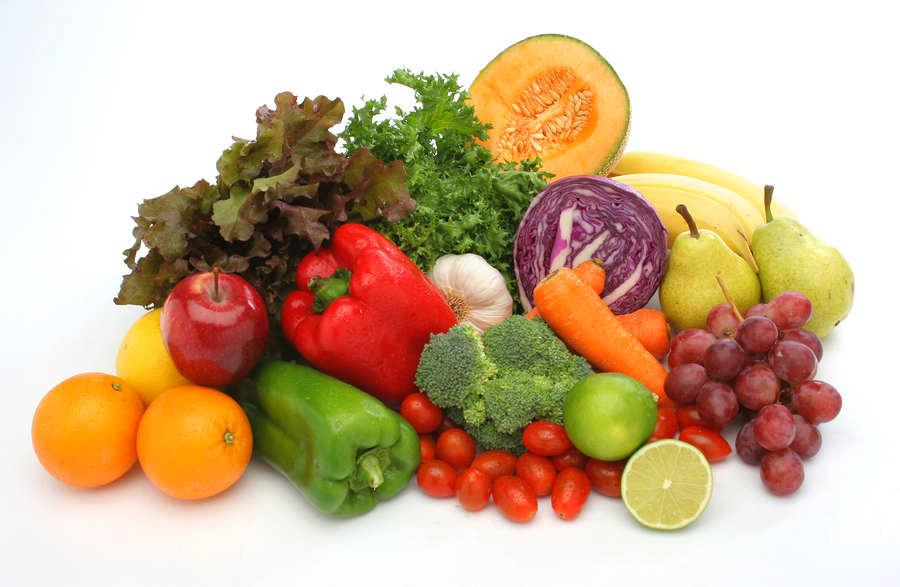
In the past, you might not have worried a lot about how much vitamin C your senior was getting. But as she ages, her body needs vitamin C and other nutrients more than ever before. Her body has to have these building blocks to keep her as strong and as healthy as possible. Here’s what you need to know about vitamin C and your senior, and how in-home care can support her nutrition.
What Does Vitamin C Do?
Most people know that vitamin C is helpful to the immune system, but they may not realize what it does. Vitamin C helps your senior’s body to build white blood cells, which fight off infections. But it’s also important for heart health, collagen formation, and converting cholesterol into bile salts. All of this and more is why vitamin C is so important for your senior’s daily diet.
Your Senior May Not Be Getting Enough Vitamin C
It might surprise both you and your senior to realize that it’s possible that she isn’t getting enough vitamin C through her diet. This can happen if your elderly family member isn’t eating a lot of fruits and vegetables or is relying mainly on “junk” food. Some of the side effects of vitamin C deficiency can include being cold more often, experiencing symptoms of anemia, bruising easily, and more.
Increasing Vitamin C Levels
If you’re wondering if your senior’s vitamin C levels are too low, it’s a good idea to talk with her doctor. Your senior’s doctor can examine her and look for signs of deficiency, but there is also a blood test that can definitively show whether your senior’s vitamin C levels are too low. From there, her doctor can help your senior to put together a plan to raise her vitamin C levels.
Foods That Are High in Vitamin C
So, what can your senior eat to improve her vitamin C levels? Fruits, particularly citrus fruits and berries, are great choices. Lots of different green vegetables are also high in vitamin C. This includes broccoli, cauliflower, spinach, cabbage, and peppers. Potatoes are also good sources of vitamin C. If your senior is particularly low in vitamin C, her doctor may recommend supplementation in addition to changing her diet.
In-home Care Can Make All of This Easier
Balancing all of this can be overwhelming for your elderly family member, especially if it means making big changes to her diet. That’s where elder care providers can really help out. In-home care providers can remind your senior to take her medications and supplements. They can also help her to have meals and snacks that are full of the types of foods she needs to be eating in order to support her health. Your elderly family member doesn’t have to figure all of this out on her own.
Ensuring that your senior is getting the nutrients that she needs is the best way to help her to feel as well as she can. It can even help her to get health issues under better control, further improving her quality of life.
Source
https://www.hsph.harvard.edu/nutritionsource/vitamin-c/
If you or an aging loved one is considering in-home care in Concord, CA, please contact the caring staff at Golden Heart Senior Care of Walnut Creek. (925) 203-3039.
